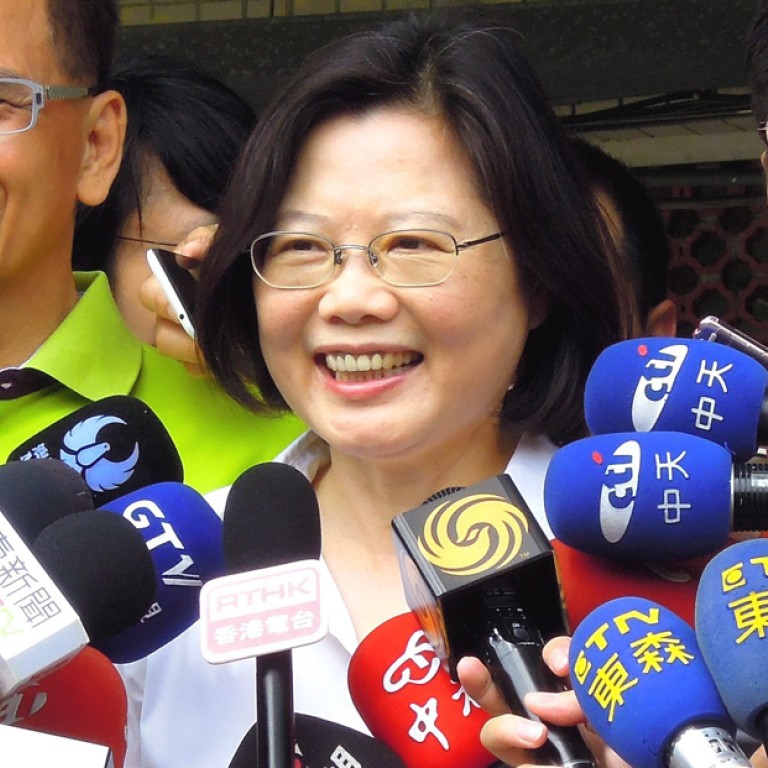
Cross-strait policy the key if DPP wants to regain power in Taiwan
A week in politics is a long time, even more so when it comes to what may happen in two years' time. Nonetheless, attention is already being drawn to Taiwan's presidential race in 2016, after Dr Tsai Ing-wen was re-elected as head of the main opposition Democratic Progressive Party.
A week in politics is a long time, even more so when it comes to what may happen in two years' time. Nonetheless, attention is already being drawn to Taiwan's presidential race in 2016, after Dr Tsai Ing-wen was re-elected as head of the main opposition Democratic Progressive Party.
Tsai's victory in the party leadership contest should come as no surprise. Despite losing to Ma Ying-jeou in the 2012 presidential race, the political heavyweight is still the main hope for the DPP to regain power from the Kuomintang, which over the past six years has come under fire for infighting, bad governance and Taiwan's economic woes.
Having been chosen as the party's chief for a third time, Tsai is right in saying that this time she cannot expect a honeymoon period. Internally, she has to put an end to factional disputes in the party. Rebuilding trust and getting the public to rally behind her will no doubt be her priority.
Externally, she has to come up with policies that stabilise rather than antagonise. The island has just survived a political storm sparked by a cross-strait trade services pact signed by Ma's Beijing-friendly government. How the DPP will take on issues involving Beijing is bound to be a focal point in the run-up to the presidential ballot.
Tsai's defeat in 2012 was partly attributed to her anti-mainland stance. She later admitted that the party needed to adjust its cross-strait policy to attract those who prefer stability. She needs to show more flexibility and adopt a less confrontational position. This is also in line with the prevailing public sentiment.
Whether the opposition will turn the incumbents out of office remains to be seen. But it is imperative that Tsai adjusts the DPP's cross-strait policy if she wants to get the Taiwanese people ready for a power change.
That would mean taking a less confrontational approach to win support from those people in between the two ends of the political spectrum.

